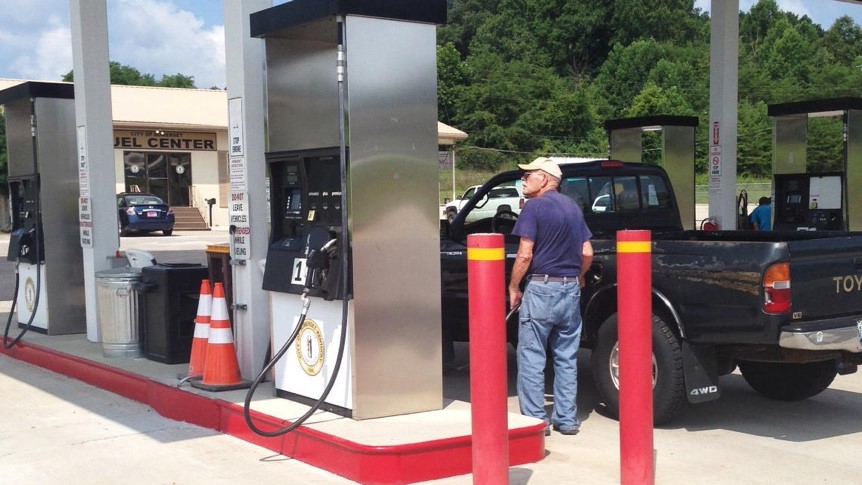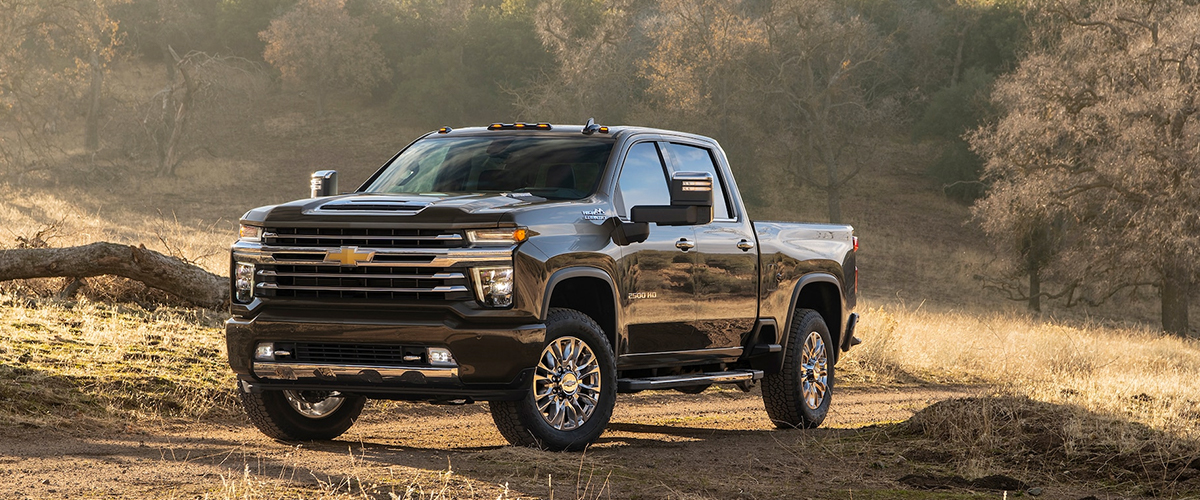Over the last couple of months we have noticed a surprising increase in the sale of trucks. Despite the entire auto sales industry suffering less sale
Over the last couple of months we have noticed a surprising increase in the sale of trucks. Despite the entire auto sales industry suffering less sales during the lockdown period in many countries, trucks have come out on top. Manufacturers have slowed down production since March, in expectation of low sales during the pandemic. However, sales continue to exceed expectations, and sales of one type exceed all others…the reliable pick up truck.
Over the last few years sales in Pick Up Trucks have been trending upwards. For the first month ever, this April, More People Bought Pickups Than Cars. So we have to ask the question, why are people choosing trucks over cars now? Let’s look at the possible reasons.
The Impact of the Drop in Fuel Costs
Fuel costs have dropped significantly everywhere due to the pandemic. US oil prices have turned negative for the first time in history, as demand dries up. In general, trucks use more fuel than cars, because of their increased power, engine size and weight. That alone is enough to put some people off purchasing one, purely because they cost more to run.
It is typical behaviour for people to purchase higher fuel consumption rate vehicles when fuel prices are low. When weighing up total costs, if fuel is not a huge factor, people feel more free to choose what they like rather than what costs less to run. This has driven some of the heightened truck sales over the last month or so.
It may continue to drive truck sales even higher for some time, as the fuel prices are not likely to increase anytime soon. About 85% of crude oil is now being stored worldwide, rather than sold. They will need to clear out that excess stock before prices can increase, and more can be ordered.

The Sales Statistics
The auto industry braced for an 80% decline in sales from march onwards. This was expected to last until the end of the pandemic, or at least lock down periods. Thankfully the actual drop was closer to 50%, which is not great, but no where near as bad as predicted in March. Although physical show rooms and sales yards are not able to be open, customers have still chosen to purchase vehicles online and have them delivered. Many companies are offering free vehicle delivery to people’s homes to encourage sales as well.
How quickly a company has to re-stock and re-supply dealers with vehicles is a good indication of how well sales are going. With current sales expectations, the usual inventory numbers of new vehicles, before you produce more, is 121 days supply. That is for all vehicle types overall, and that number is about six weeks higher compared to the same time last year. The average stock number drops significantly for Pick Up Trucks, which are running out comparatively much faster than any other vehicle type.
The statistics do differ between vehicles, some are clearly selling better than others. Still, trucks overall are selling better than cars, which truly is shocking. It will be interesting to see how this changes the market, and how the big manufacturers design new vehicles this year.
The table below shows the sales difference between each of the currently popular truck models, so you can see which are selling better than their competition at the moment too.

Statistics from coxautoinc.com
It seems lock down is better while sitting in the back of your pick up truck in your drive way. In many countries people are now able to drive a little further from home, and go out to open, public spaces. A pick up truck is great for driving along the beach or along rougher country roads, to enjoy the sunshine and fresh air where we are able to. Many people during this time could use the cargo bed of a truck to transport their extra groceries too.
Future Trends and Expectations
At the moment many manufacturers and sales yards are offering strong incentives to encourage customers to buy. There are a number of larger companies currently offering terms such as 84 months finance with 0% interest. That amount is unheard of, and indicates they really need to get ‘some’ money in as quickly as possible, to keep their businesses afloat. Better to have income being drip fed over 84 months than no sales. These kind of terms give buyers confidence that even if their financial situation changes as a result of the pandemic, they can still afford the lower payments due to the longer term, and no interest.
We expect that these sales tactics will last at least 6-12 months. Time is needed for stock to replenish to normal levels and customers to feel confident to buy as usual again. It’s not unlikely that prices and finance options may actually be affected for an even longer period.
Truck sales were already rising before the pandemic started, and the economy took a hit. The sales trend will very likely continue in that direction, perhaps even more so after this.



















































































































COMMENTS